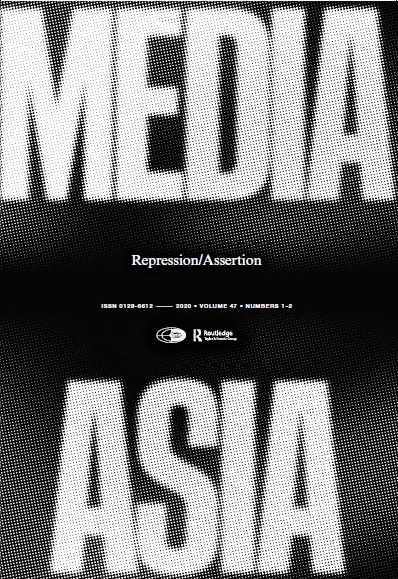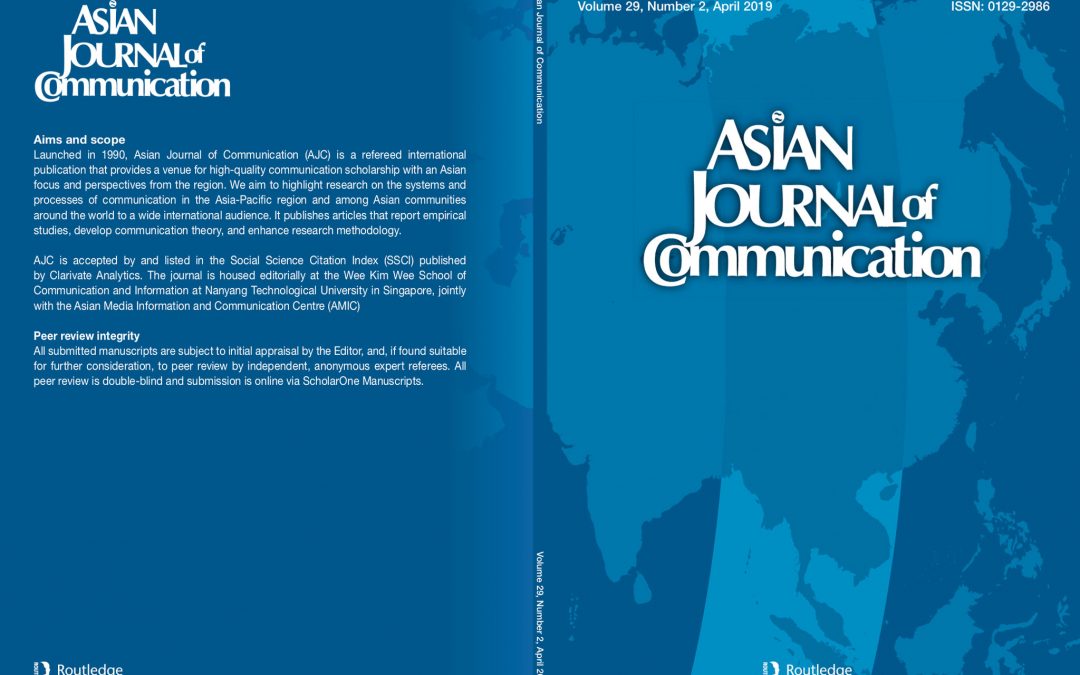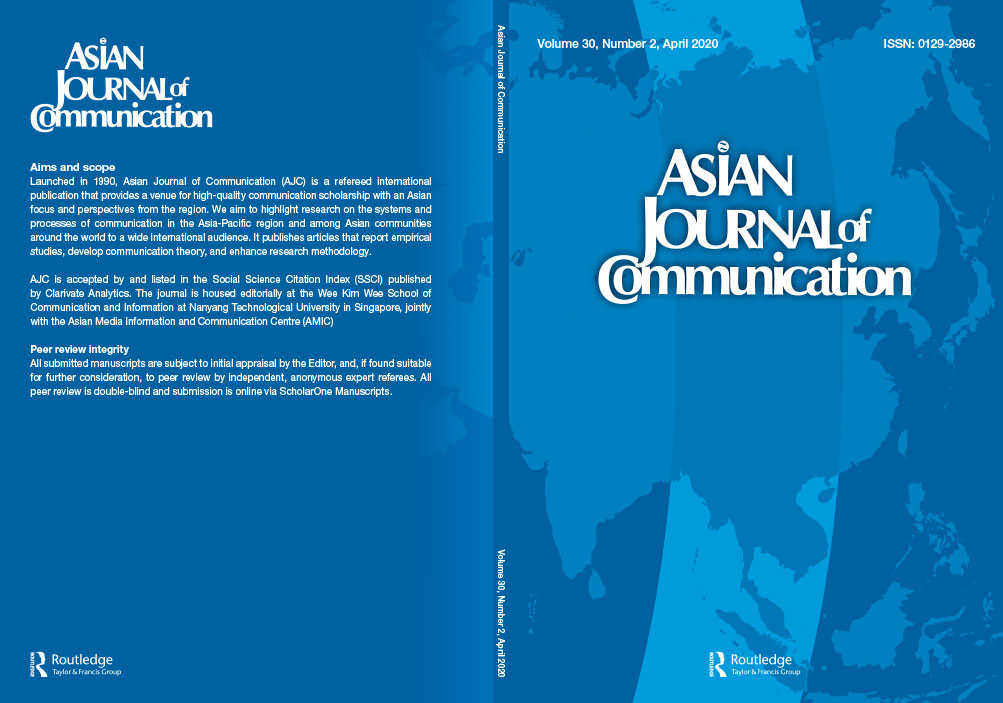[Call for Book Chapter Abstracts] Environmental Journalism in the Global South
Dear AMIC Members:
We–Ramon Tuazon, Sadia Jamil and Therese San Diego Torres–are pleased to open the call for book chapter abstracts for our forthcoming publication, “Environmental Journalism in the Global South.” We invite you to submit your abstracts.
Below are the details. We have also attached the PDF of the call here.
Call for abstracts
Environmental issues continue to grow in scope, indicating the timely need to address pressing areas of concern: global warming; climate change; food security and public health safety; overpopulation; water, land, and air pollution; increased carbon footprint; deforestation; and natural disasters. These issues go beyond the realm of science into the areas of politics, public policy, and economics. As environmental concerns grow, the need for a well-informed public becomes more critical (Jamil, 2020). Public opinion and perceptions about environmental issues are shaped by many sources including government and non-government organizations, the academe, and the media. Journalists and the news media, in particular, are among the important sources of information about the environment. A major challenge is how to convey complex concepts and impart a sense of urgency in addressing problems in a way that engages the reader. In the past two decades, environmental journalism has evolved to serve this purpose and has represented people’s diverse perceptions of the world. Over time, people have become more and more interested and concerned about what is happening in the environment. As more information comes to light about how environmental issues impact people and the globe, the interest in and recognition of the importance of environmental journalism have likewise increased. The rise in public awareness has translated to an even greater need for environmental journalism studies. Much of the work on environmental journalism has been done by Western scholars (Sachsman and Valenti, 2020; Valenti, 2017; Rogener and Wormer, 2017; Ale, 2015; Bodker and Neverla, 2014; Bodker, 2012; Carthew et al., 2012; Wyss, 2010; Frome, 1998), and limited attention has been paid in the Global South to reflect upon different aspects of environmental journalism (Acharya and Noronha, 2010). Thus, this edited volume welcomes contributions from scholars in the Global South to cover the following key areas:
– Journalists’ attitudes and motivations towards environmental journalism;
– The influence of contextual factors, such as religious, cultural, ethnic and socio-political environments, on journalists’ practice of environmental journalism;
– Coverage of environmental issues by mainstream, ethnic and diasporic news media;
– The role of religious, political and cultural factors in shaping and influencing news media discourses on diverse environmental issues;
– Challenges and prospects for the practice of environmental journalism;
– The role of economic, intellectual and technological resources to foster environmental journalism;
– Environmental journalism pedagogy in the Global South.
Submission details and guidelines:
Please submit your abstract of 500-700 words by 20th November, 2020. All abstracts will be assessed based on:
– Clarity of research problem;
– Conceptual soundness of study;
– Theoretical and methodological strength;
– Contribution and impact of the study.
Abstracts should be submitted to Dr. Sadia Jamil (sadia.jamil@ymail.com), Ramon Tuazon (ramon.tuazon@aijci.com) and Therese Patricia S. Torres (therese.torres@aijci.com). All authors should submit a bio of 200 words with complete institutional details when submitting their abstracts.
Timeline
– Abstract submission deadline: 20th November, 2020
– Notification to author/s: 10th December, 2020
– Full chapter submission: 15th April, 2021
– Review process by editors: 16th April, 2021 – 15th May, 2021
– Revision deadline: 1st July, 2021
– Anticipated submission of full book manuscript: 30th September, 2021
Publisher
The full book will be submitted to Palgrave Macmillan in 2021 and is envisioned to be published as part of the ‘Palgrave Studies in Journalism and the Global South’ book series: https://www.palgrave.com/gp/series/16423 (series editors: Bruce Mutsvairo, Saba Bebawi and Eddy Borges-Rey).
On behalf of Sadia Jamil and Therese San Diego Torres, I look forward to hearing from you.
Best regards,
Ramon R. Tuazon




